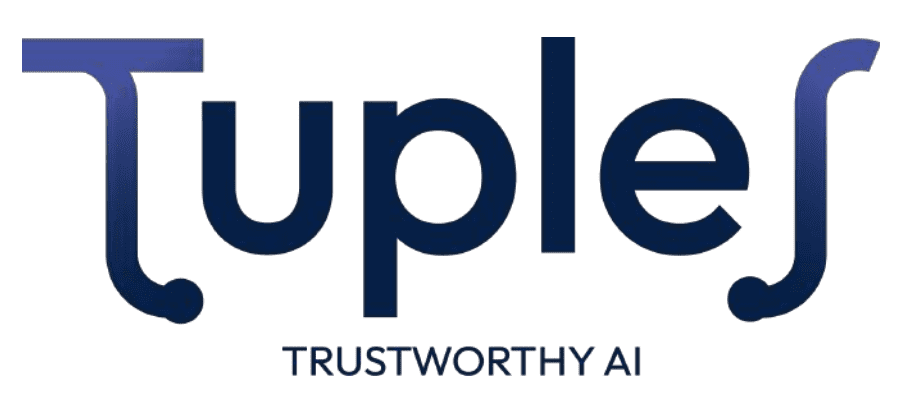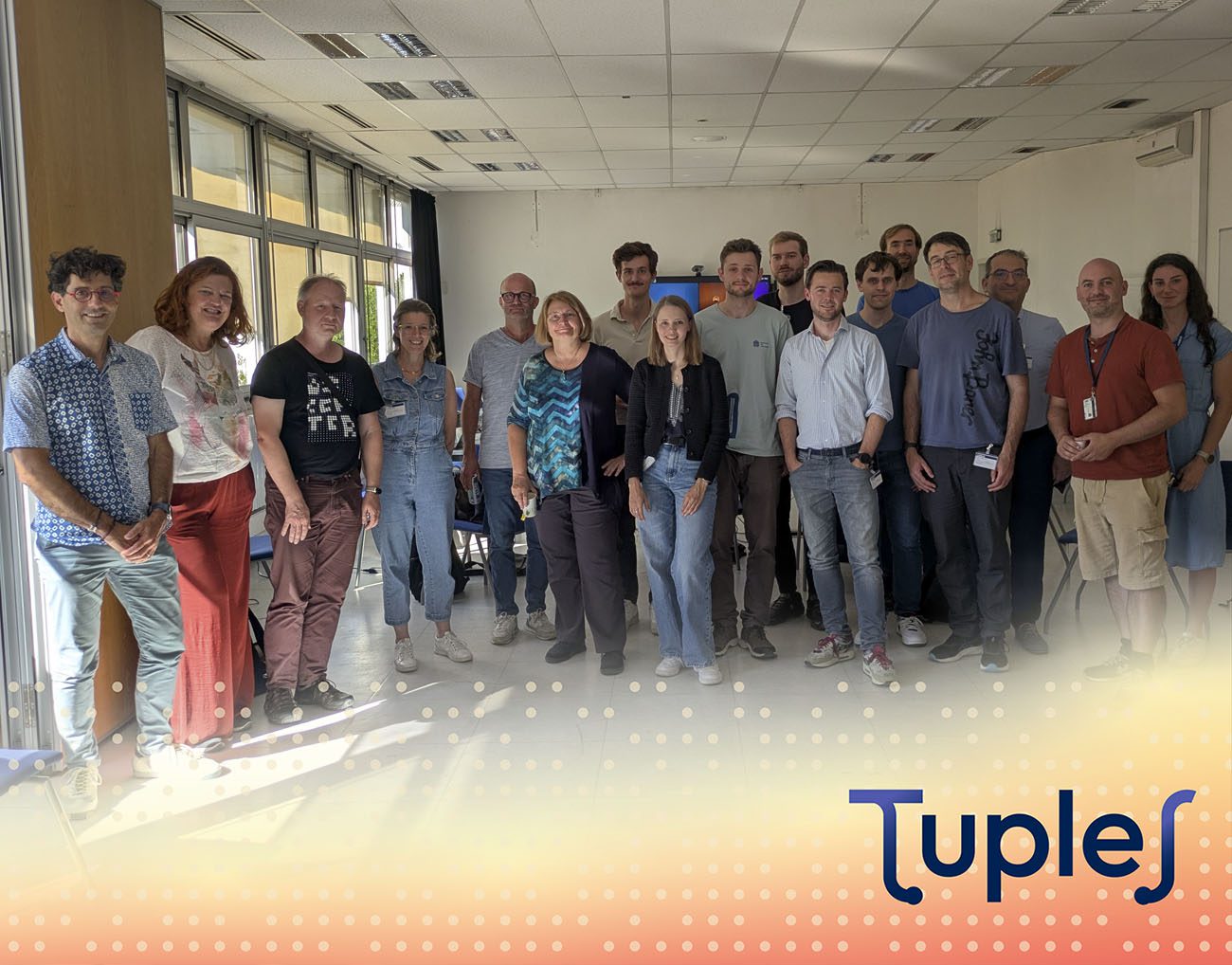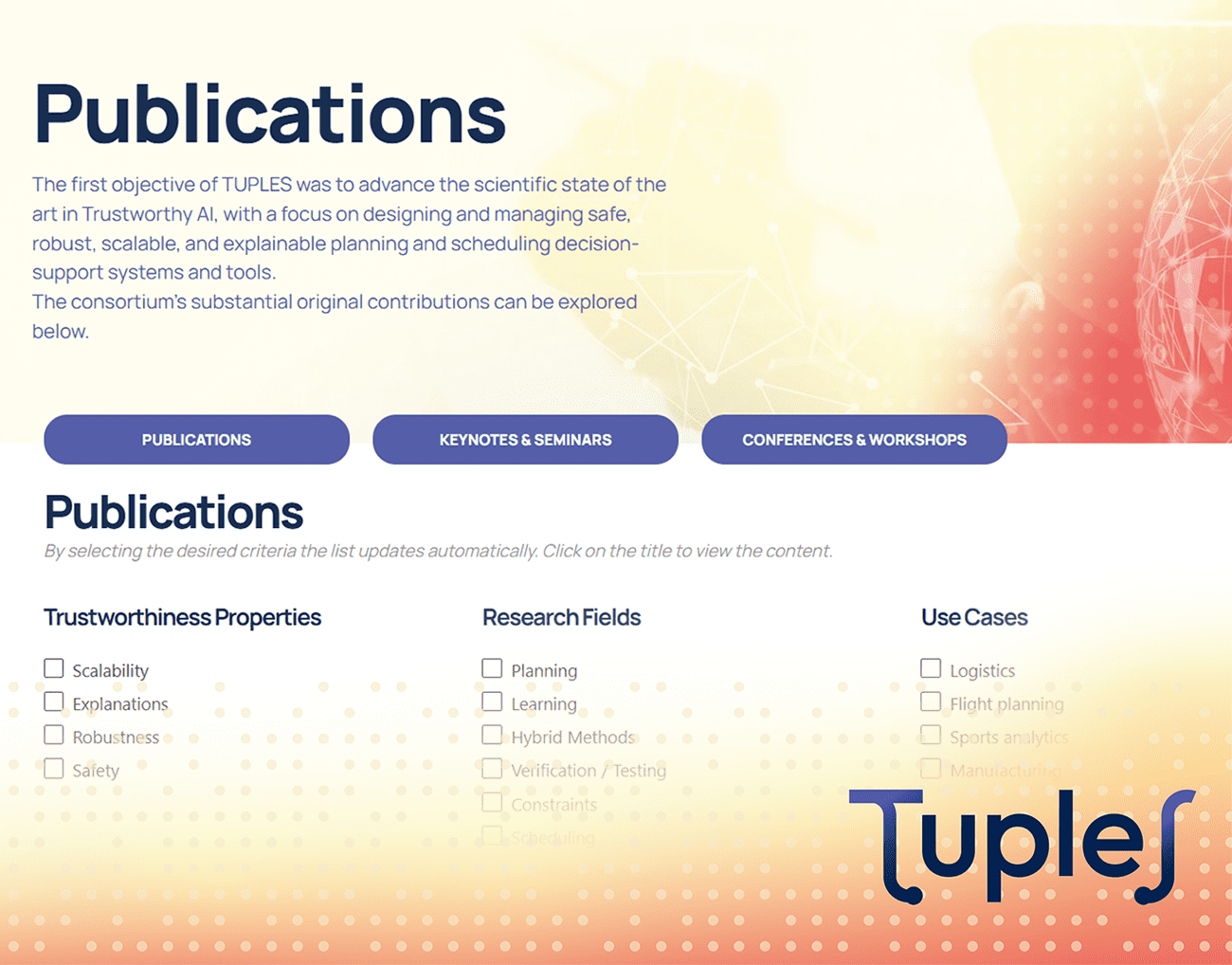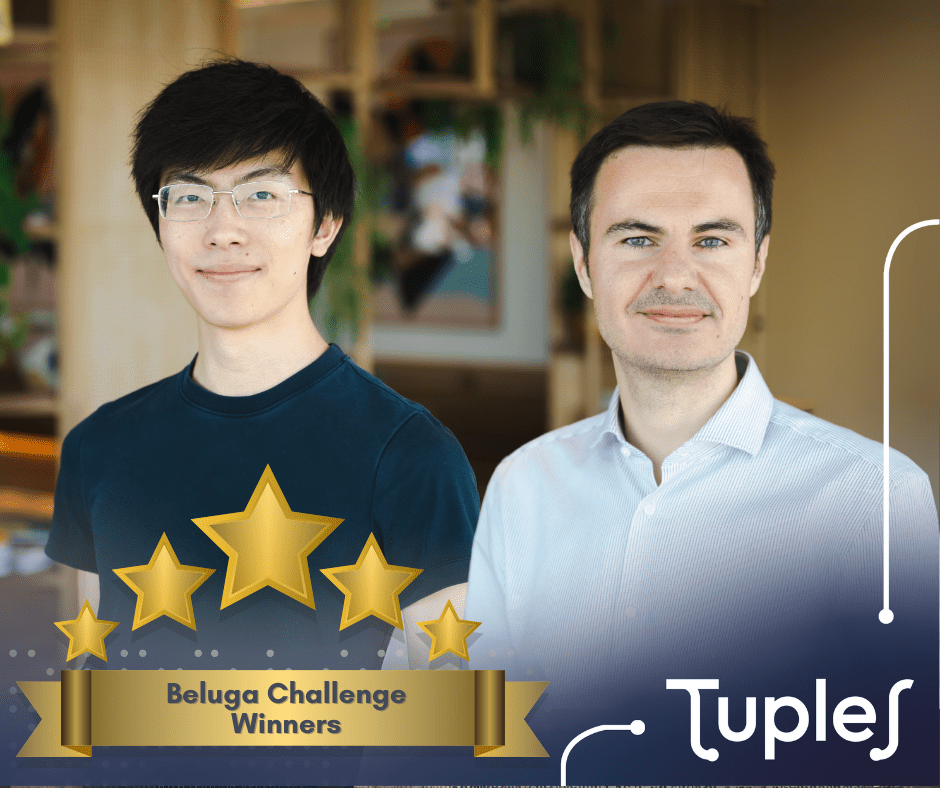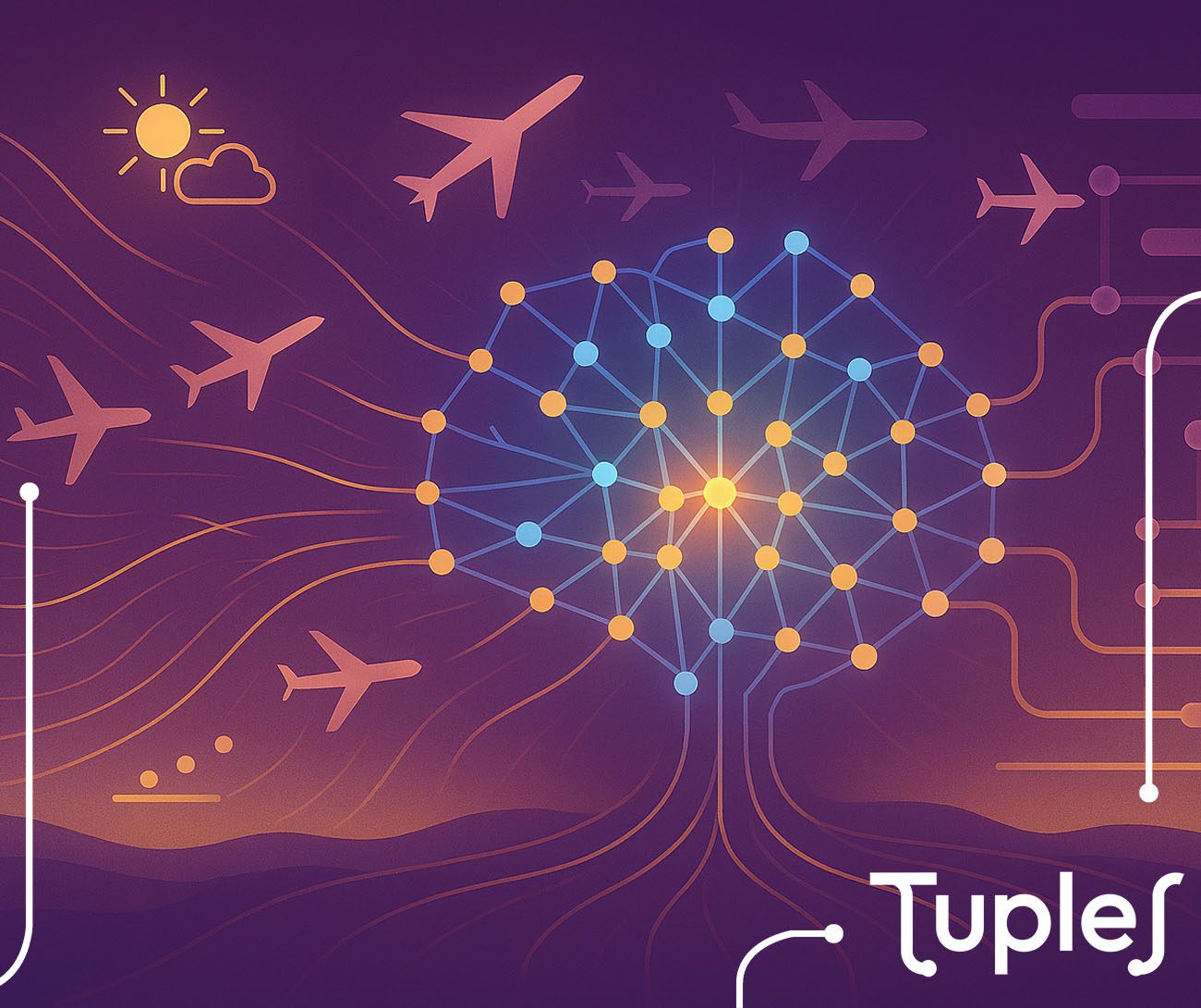KU Leuven: A Leader in Hybrid AI and Machine Learning
-
22/05/2023
-
NewsNews
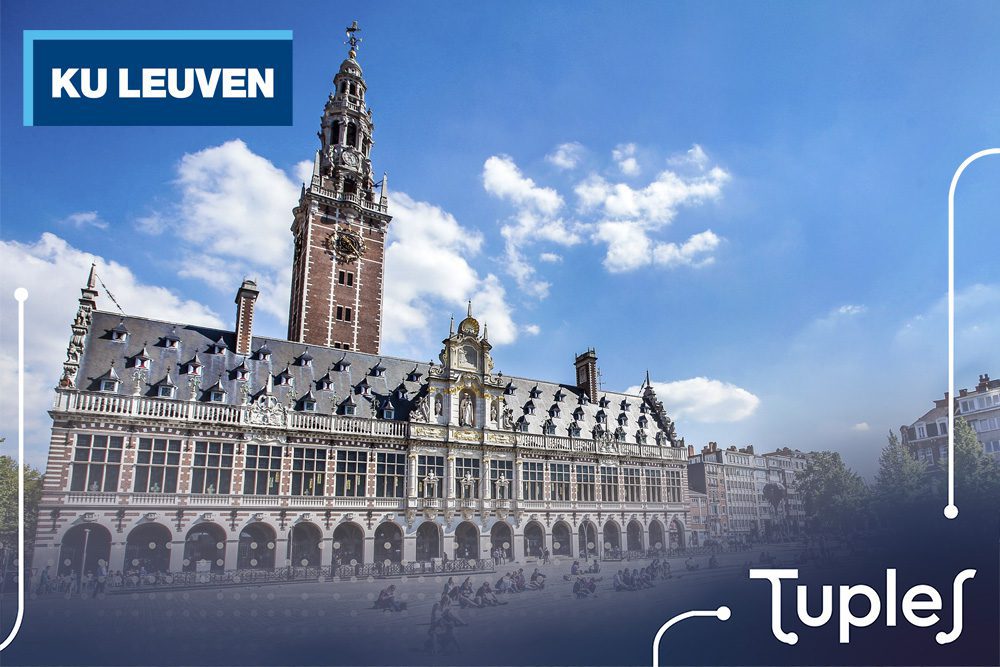
KU Leuven, Belgium’s largest university in terms of research funding and expenditure, has a rich tradition of education and research dating back six centuries. The university is a charter member of the League of European Research Universities (LERU) and is renowned for its pioneering work in the field of hybrid AI and machine learning.
The Machine Learning Group at KU Leuven, which includes Professors Jesse Davis and Tias Guns, is internationally recognized for its groundbreaking work in probabilistic programming, statistical relational learning, predictive learning, decision-focused learning, and verification of machine learning systems. With six professors, one IOF research manager, one research manager, over 10 post-docs, and more than 50 doctoral students, the group has extensive experience in application domains relevant to TUPLES, such as sports analytics and logistics.
Prof. Davis’s research focuses on developing novel artificial intelligence approaches for analyzing structured data and integrating learning and reasoning to design trustworthy systems. His work on sports analytics has received significant interest and has been covered by prominent media outlets such as The Economist, FiveThirtyEight.com, The Athletic, ESPN.com, and The New York Times.
Prof. Guns’s research is at the intersection of machine learning and combinatorial optimization. He is the lead developer of the CPMpy constraint programming and modeling environment and was awarded a prestigious ERC Consolidator Grant on Conversational Human-Aware Technology for Optimization.
The ML group at KU Leuven is involved in the TUPLES project in three main ways. First, the group is leading Workpackage 3, which focuses on developing hybrid methods for planning and scheduling. Second, the group is contributing to the development of novel techniques for verifying robustness and safety within planning and scheduling. Finally, the group is collaborating with TUPLES’ industrial partners on several real-world use cases.
KU Leuven’s long-standing collaboration with SciSports brings the university’s strong background in soccer analytics to bear on the sports use case. The university is also collaborating with Airbus on explanation techniques for scheduling and prediction+optimization techniques for the challenging waste collection routing problems of Optit.
In conclusion, KU Leuven’s Machine Learning Group’s expertise in hybrid AI and machine learning, as well as their extensive experience in relevant application domains, makes them a valuable partner in the TUPLES project. Their contributions to the project will undoubtedly lead to novel approaches and solutions that have the potential to revolutionize the field of machine learning and its practical applications.
Latest News
Relive the Award Ceremony and gain insights into how the winners turned a real-world logistics problem into a showcase of trustworthy, scalable, and explainable AI.
The body of scientific publications produced within TUPLES is not only extensive, but also marked by significant quality and international recognition, with contributions featured in some of the most respected journals and conferences in the field.
We are proud to highlight the achievement of Bernardino Romera-Paredes and Kerry He from Hiverge, who won both Scalability tracks (Deterministic and Probabilistic).
A unique learning experience, moving from theory to practice and exploring the challenges of trustworthy AI in a realistic industrial setting.
